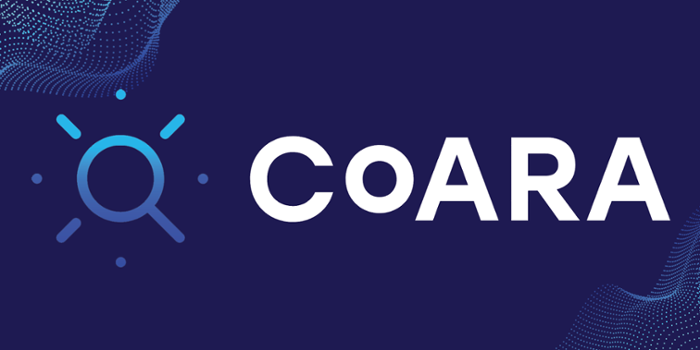AUAS first Dutch university of applied sciences to sign CoARA
31 Jul 2023 14:00 | CommunicationThe days of publishing research in prestigious scientific journals as the main measure of research success may soon be behind us. The Coalition for Advancing Research Assessment (CoARA) is on a mission to reform international research assessment practices, focusing instead on a more inclusive approach to research output that prioritises quality and impact. The Amsterdam University of Applied Sciences (AUAS) recently voiced its support for this movement as the first university of applied sciences in the Netherlands to sign the agreement.
Time for change: focus on diversity, quality and impact
CoARA is a network of higher research and education institutions, research funding organisations and research-related bodies across the globe. Signatories of CoARA agree to work together to reform research assessment based on common principles and ten commitments.
The common thread is diversity, quality and impact. CoARA is calling for more recognition of the diversity of research contributions and research assessment criteria that focuses primarily on quality over quantity and rankings. The traditional ‘single assessment’ approach employs a restricted range of metrics, such as journal impact factors or citation counts, which do not do justice to the complexity, diversity and impact of researchers’ work.
The ten commitments are explained on CoARA’s website.
Open science and peer review
In the future, peer review could feature more centrally as a research quality indicator, although this is a complex undertaking and one that must be managed cautiously. Open access is also part of CoARA’s mission. Going forward, researchers across all seniority levels will have access to the work of their peers and will be rewarded for their contributions as reviewers. This promotes diversity of collaboration and output, since not everyone is skilled at writing and publishing for scientific or academic journals, many of which are locked behind a paywall.
The transition to open access publication has already been underway for many years now at AUAS and across the higher education sector in the Netherlands. AUAS currently has a 78% open access publication rate of its research output and is in this respect ahead of some of its peers in the CoARA network. This could lend well to an advisory role for AUAS within the CoARA network.
‘Similar to regular individuals, researchers also lean towards actions that bring them the most recognition. Thus, it's crucial to establish a well-balanced recognition and reward system, which is no simple feat. If we prioritise peer review, we must set clear guidelines and offer incentives for exemplary peer review. I believe that it's essential to retain some numerical indicators and resist the urge to swing to a qualitative extreme and thereby run the risk of frequent changes in the reward system’, says Gerben ter Riet, Senior Methodology Advisor at the AUAS.
CoARA and DORA
CoARA builds on DORA, the Declaration on Research Assessment. AUAS Rector Geleyn Meijer publicly signed this worldwide initiative on behalf of our university of applied sciences during the AUAS Knowledge Parade earlier this year, showing our support for international research assessment reform.
The difference between DORA and CoARA is that the latter is action-based and requires members to document their progress towards the coalition’s agreements.
Next steps
Although this international coalition is still in its early stages, the AUAS is already in discussions with UASNL, UAS4EUROPE and the Netherlands Association of Universities of Applied Sciences (VH) concerning the next steps. Setting up a working group focusing on the reform of research assessment within European and Dutch universities of applied sciences is a next step and one that the AUAS will gladly contribute to.
CoARA members agree to exchange information and to mutual learning on research assessment and must also adhere to an implementation timeline based on the CoARA agreements. For the AUAS, this means that we are expected to report on how our research assessment review process is going within a year’s time and to account for our research assessment action plan within a five-year period.


